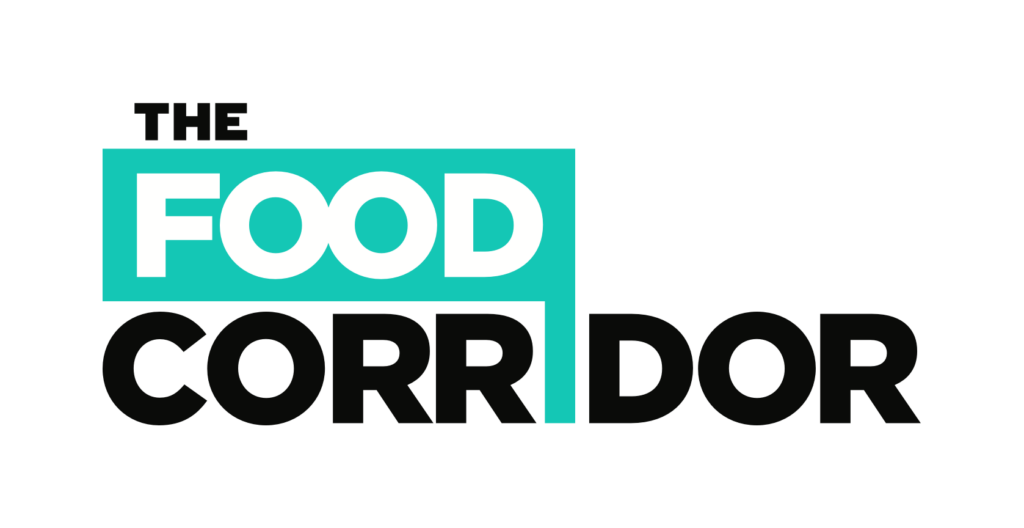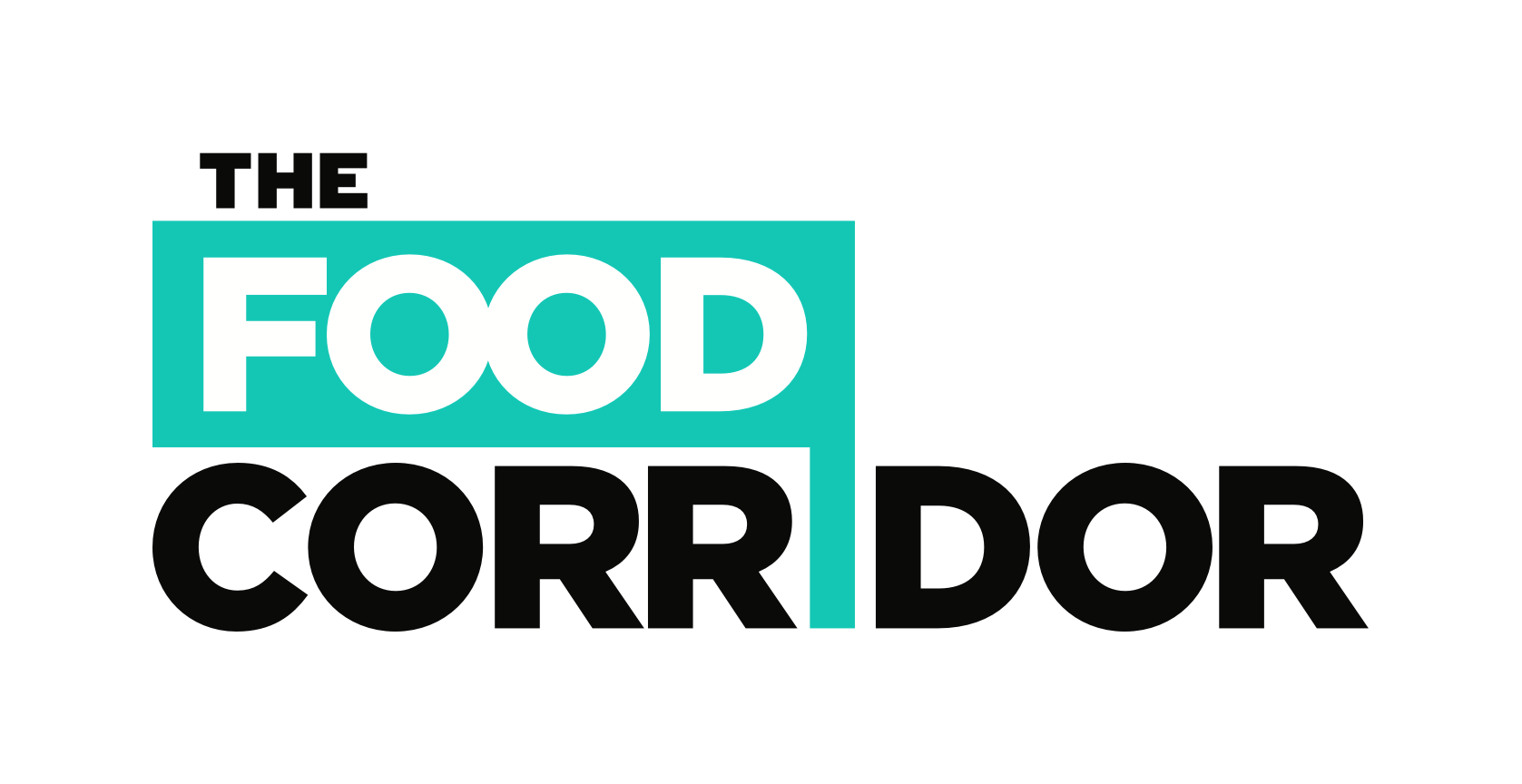If you’ve ever tried to register your shared kitchen or food business incubator and found yourself stuck trying to figure out which NAICS code to use, you’re not alone. This question has come up time and again in our community, and the reality is—there is no perfect fit. But with insights from dozens of operators who have navigated this maze, we’ve compiled the most helpful, strategic, and compliant approaches to selecting the best NAICS code for your operation.
What is a NAICS Code, and Why Does it Matter?
NAICS (North American Industry Classification System) codes are used by federal and state agencies to classify businesses for statistical, tax, regulatory, and administrative purposes. These codes are used in everything from registering your business to applying for grants, insurance, and government contracts. Choosing the right one is crucial.
Top NAICS Code Options for Shared Kitchens

1. 531120 – Lessors of Nonresidential Buildings (except Mini warehouses)
Use if your core business is renting commercial kitchen space.
-
This is the most common and Census-endorsed NAICS code for shared kitchens.
-
Great for general registration, tax filings, and SAM.gov registration.
-
Avoid if your kitchen also produces food or runs catering services.
2. 311991 – Perishable Prepared Food Manufacturing
Use if your facility produces or supports the production of prepared meals.
-
Covers salads, sandwiches, fresh meals, cut vegetables, etc.
-
Especially useful if your kitchen hosts caterers or meal-prep businesses.
-
Appropriate NAICS code for some government contract bidding.
3. 722513 – Limited-Service Restaurants
Use for insurance classification when food prep and service are involved.
-
Insurance carriers often require this if your tenants or staff prepare food.
-
Reflects food service risk profile better than real estate codes.
4. 531390 – Other Activities Related to Real Estate
Use cautiously and consult your CPA.
-
Some use it to save on insurance, but it excludes leasing.
-
Using this NAICS code incorrectly could void your policy or cause tax issues.
5. 311999 – All Other Miscellaneous Food Manufacturing
Use if you’re a food incubator with diverse production activities.
-
A broad category when none of the specific food manufacturing NAICS codes apply.
6. 722310 & 722320 – Food Service Contractors and Caterers
Use if your facility primarily supports catering or contract food service businesses.
-
Helpful for incubators where culinary tenants operate under these models.
Expert NAICS Code Tips from the Community
-
“There is no perfect one.” Many operators use multiple NAICS codes to reflect hybrid business models.
-
“It depends on what you actually do.” Renting space? Go with 531120. Producing food? Consider 311991 or 722513.
-
“Get professional advice.” Your CPA, insurance broker, or attorney can help you avoid misclassification.
-
“Codes affect taxes, grants, and audits.” Using a food manufacturing NAICS code can increase audit scrutiny if your business is actually leasing space.
Bonus: Registering for Government Contracts
Want to bid on federal or state contracts? You’ll likely need:
-
531120 for your facility
-
722310 or 311991, depending on your tenants’ services
-
A SAM.gov registration and a DUNS number
Final Thoughts
The NAICS system wasn’t designed with shared kitchens in mind, so it takes a little creativity and a lot of insight to choose the right code. Think about your business model, who you serve, and what revenue streams are primary. Then, match your NAICS code accordingly.
🔍 Check out our Shared Kitchen Toolkit, which dives deep into business models, design, and operations. Looking for other tools and tips? KitchenEDU is your go-to resource for building and growing a sustainable shared kitchen model.
When in doubt, lean into your real estate role with 531120—and document any hybrid activities clearly to support the case for additional classifications.
Got a NAICS code strategy that’s worked for you? Share it with us. Together, we’re making this path clearer for everyone.


